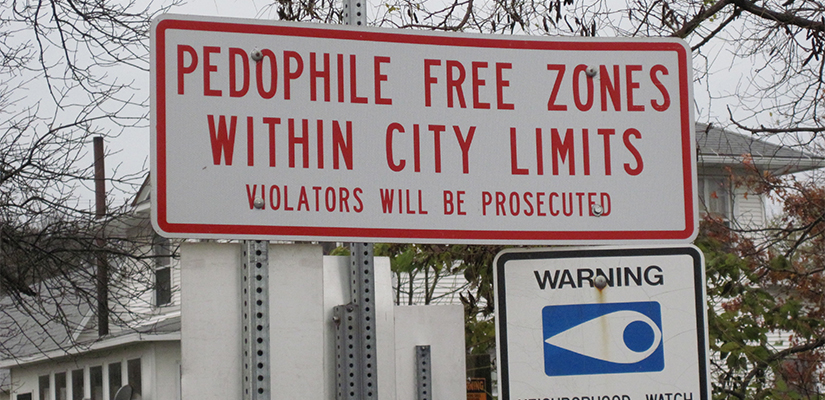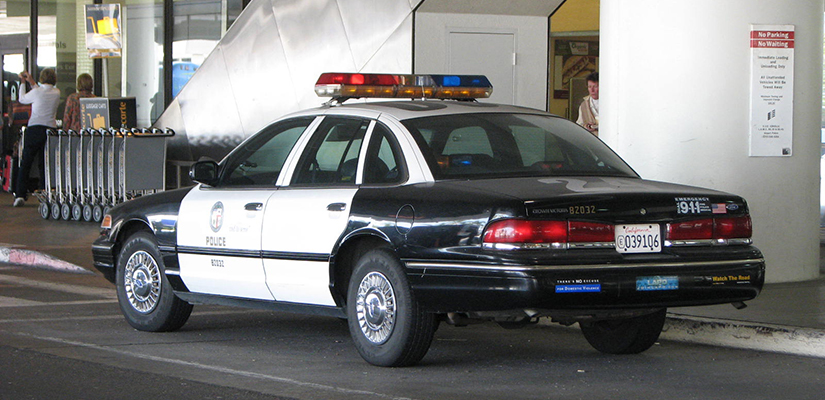A recent news report from the Associated Press (AP) revealed that, in California, since November 2006, there has been a 27% increase in the number of sex offenders who have reported that they are “homeless” and apparently this trend has little to do with a sagging economy.
In November 2006, California voters voted to enact Jessica’s Law, which provides, among other things, that sex offenders may not live within 2000 feet of a park or school or other place where children congregate.
This leaves sex offenders with few options for housing, since most places are within 2000 feet of a prohibited location, and, in San Francisco County, for instance, there is literally no place in the entire county that is NOT within 2000 feet of a school or park or other prohibited place.
So when paroled sex offenders are refused their attempt to register at a particular residence (or in some cases multiple residences) because the proposed place of abode is too close to a school or park, the offenders are informing their parole officers that they are homeless, whether they are or not.
This is making it more difficult for parole officers to track the paroled sex offenders, since they have no fixed address. Recent parole sweeps have revealed that paroled sex offenders who have reported that they are “homeless” are, in fact, living in homes or apartments, instead of on the street or in homeless shelters, as they told their parole officers. While parole agents have succeeded in catching some offenders who are attempting to get around the law, due to limited resources, and due to the fact that many offenders have not been issued with GPS tracking devices as required by the law, parole officers are often forced to take, at face value, the word of the parolee, when they say they are staying under a given bridge or at a given temporary shelter.
It would seem that, while Jessica’s Law was intended to keep better track of sex offenders, it has actually resulted in offenders going “underground” to get around the law.



